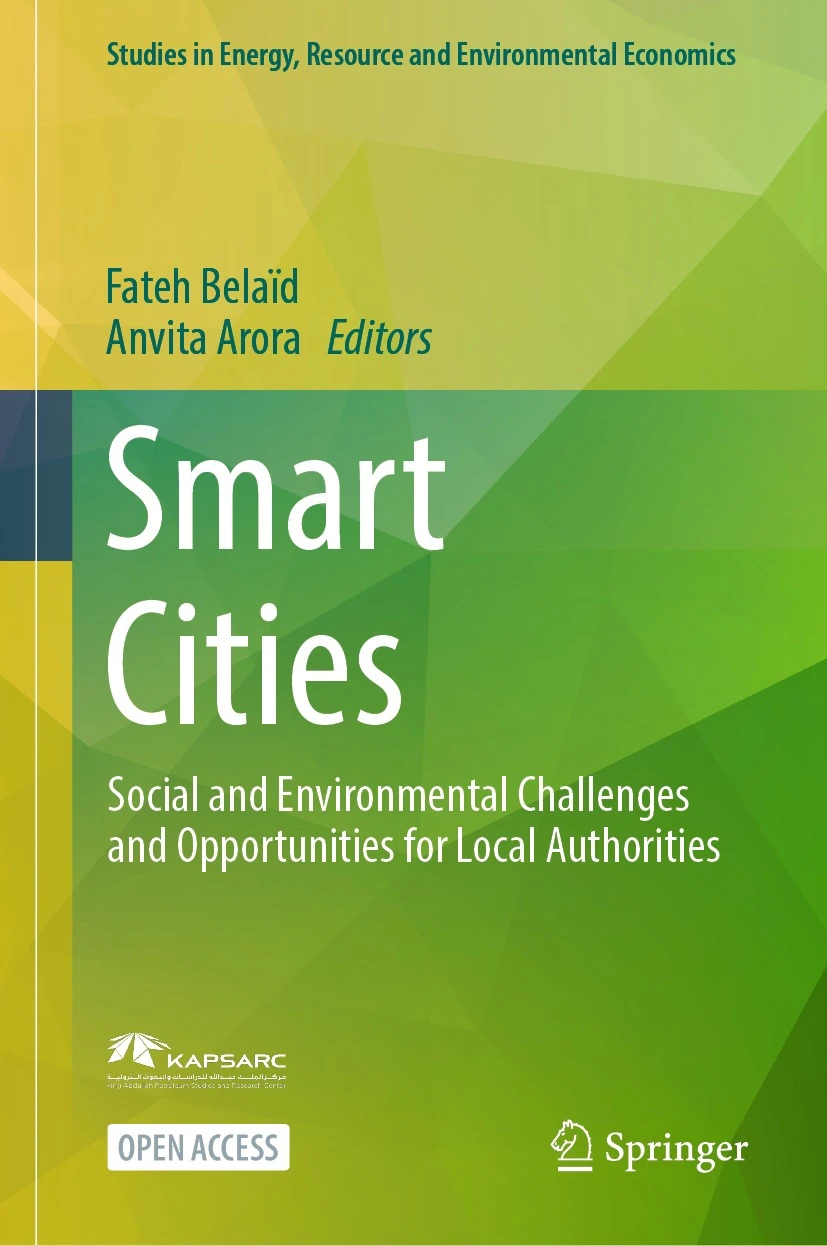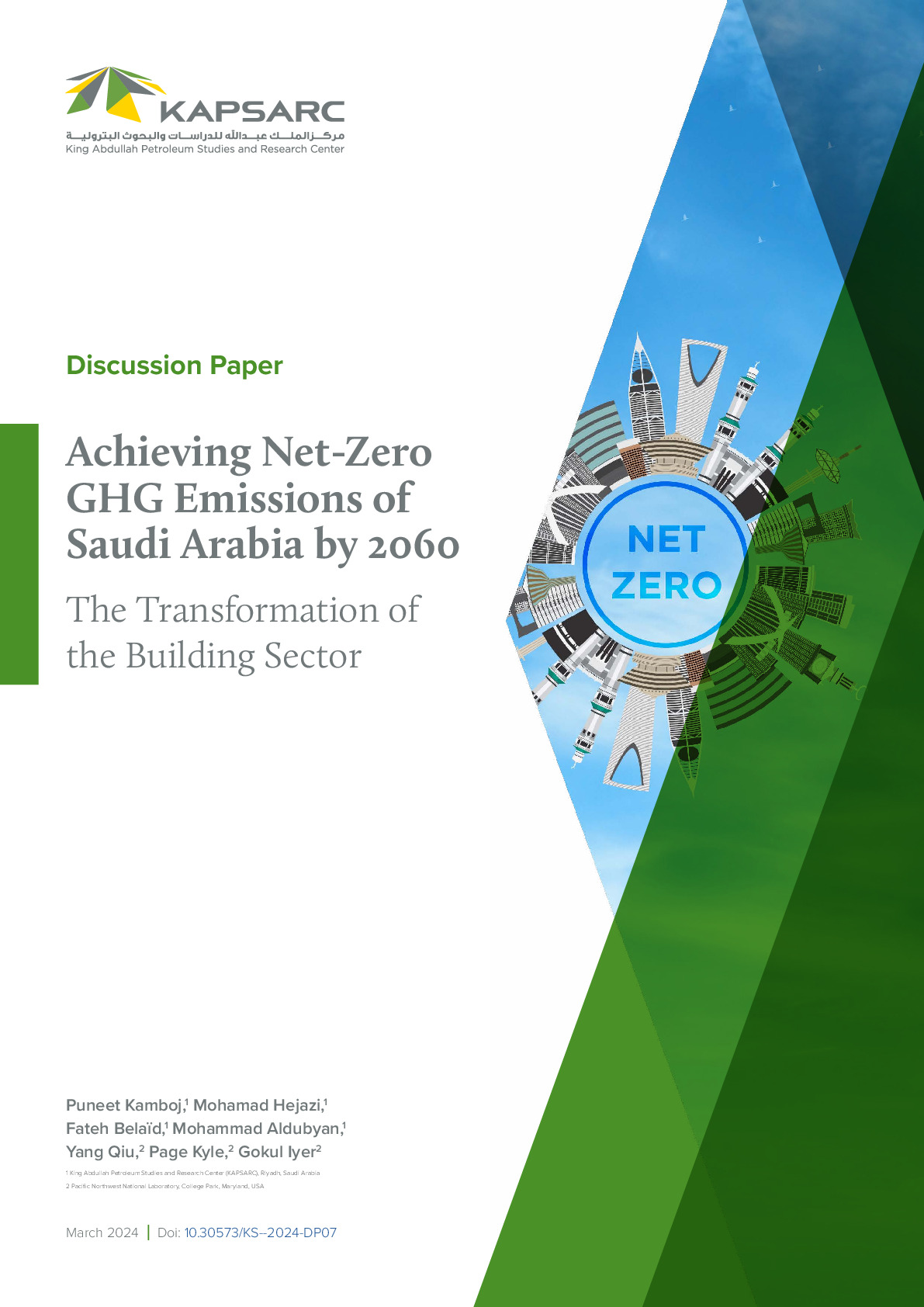Environmental sustainability is the primary task of environmental entrepreneurship by critically handling increased institutional, customer, and environmental pressures. Green entrepreneurship orientation (GEO) seeks to harmonize their relationships with the external environment to foster the impact of green innovation performance (GIP) on environmental performance (EP). Drawing upon the natural resource-based view and dynamic capability theory, the study examines the effect of GEO on GIP and EP. Additionally, the moderating effect of managerial environmental concerns (MEC) on this relationship is also inspected. The results revealed that green absorptive capacity (GAC), environmental cooperation (EC), and MEC significantly affect GEO. Furthermore, GEO positively influenced GIP and EP. Indeed, GEO partially mediates GAC, EC, and managerial concern’s relationship on green innovation and EP. Additionally, MEC significantly moderates the relationship between GEO and EP. Firms GEO should adequately enhance green practices performance and EP to accommodate their external environment relationships. The study concluded that green innovation development shifts firms from environmental management to sustainable development. Theoretical and practical implications were also presented.

Fellow II was a full professor of economics at Lille Catholic University and director of the Smart & Sustainable Cities research unit.… was a full professor of economics at Lille Catholic University and director of the Smart & Sustainable Cities research unit. Fateh has also held various positions at the French Scientific and Technical Center for Building and led multiple collaborative projects for the French Ministry of Ecological Transition and the European Commission. He is an energy and environmental economist drawing from the fields of applied microeconomics, energy modeling, and econometrics. He has published widely on household energy consumption, energy-saving behaviors, individual preference and investment in energy efficiency, energy poverty, renewables, and energy policy. He received a habilitation for supervising doctoral research from Orléans University, a Ph.D. in Economics, an M.S. in Applied Economics & Decision Theory from Littoral University, and an engineering degree in statistics. His work has been published in journals including Ecological Economics, The Energy Journal, Energy Economics, Economic Surveys, Energy Policy, and Environmental Management
Expertise
- Energy and Environmental Economics; Energy Efficiency; Energy Demand; Fuel Poverty; Energy Policy; Energy Saving Behaviors; Applied Econometrics; Smart and Sustainable Cities.
Publications See all Fateh Belaïd’s publications

Smart Cities: Social and Environmental Challenges and Opportunities for Local Authorities
Environmental sustainability is the primary task of environmental entrepreneurship by critically handling increased institutional, customer,…
21st April 2024
Achieving Net-Zero GHG Emissions of Saudi Arabia by 2060: The Transformation of the Building Sector
Environmental sustainability is the primary task of environmental entrepreneurship by critically handling increased institutional, customer,…
25th March 2024
